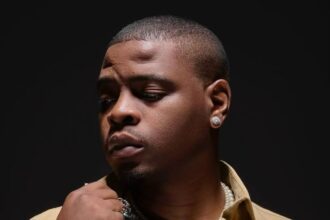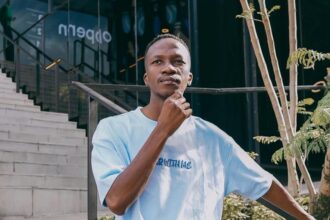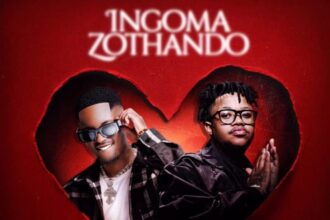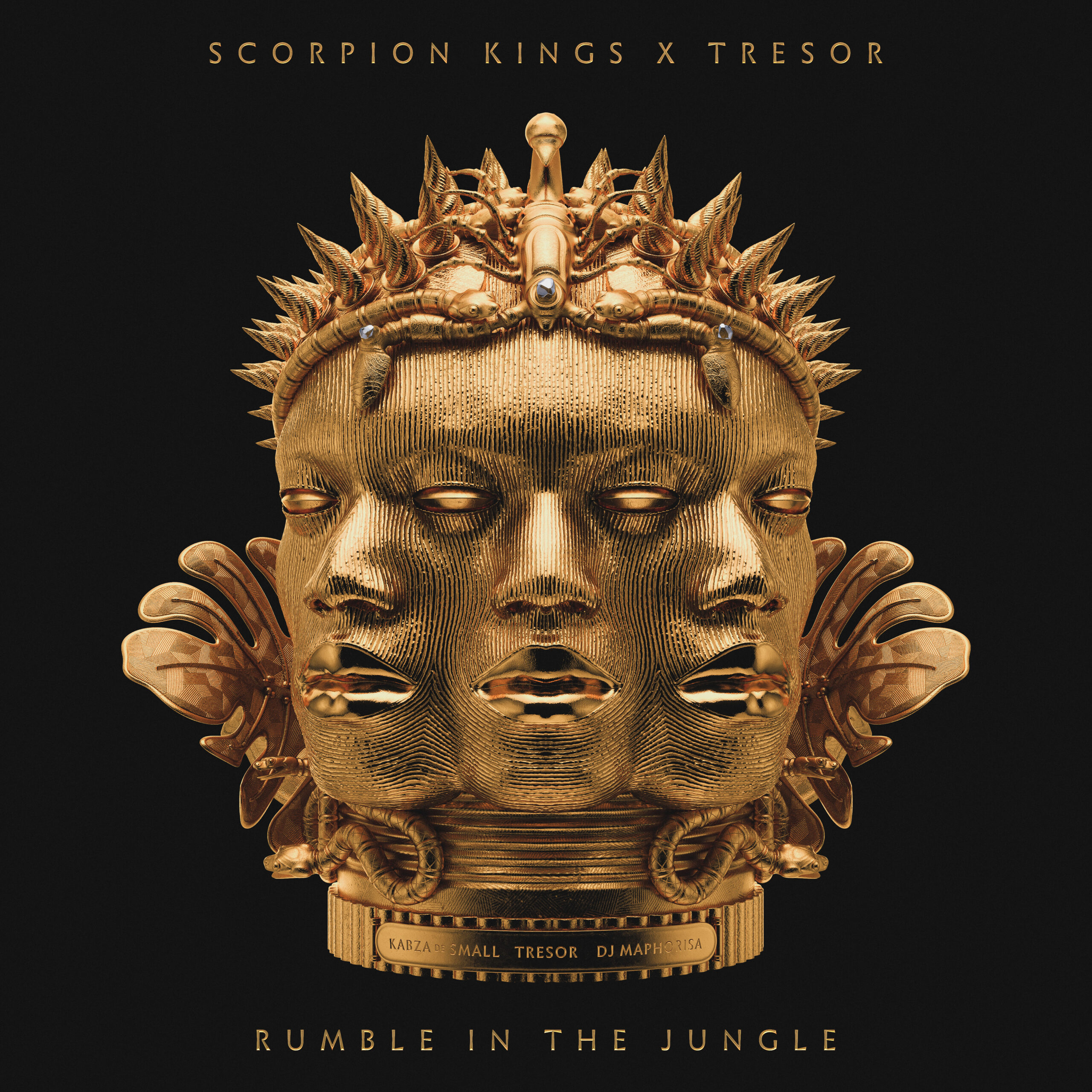donald Reacts To His Hit Single Featuring Mlindo The Vocalist Reaching 2 Million Views. Donald Moatshe, commonly known by the mononym Donald, is a South African Afro-soul singer, songwriter, recording artist and entertainer. He was born in the town of Rustenburg, in the North-West province.

Donald dropped a hit single featuring amapiano star Mlindo The Vocalist in 2019 titled “Ngiyazfela”. The song has been doing well on music streaming platforms and even reached the 2 million views mark on YouTube. Reacting to the major milestone, Donald said he just wanted 1 million views, but his fans have him 2 million views which is something he doesn’t take for granted. Taking to social media, Donald wrote: “I just wanted 1 million views, but y’all gave me 2 million Thank you TEAM DONALD.”
Midrand-based afro-soul singer, Donald Moatshe shared details about his recently dropped track Colours. The songwriter, recording artist and entertainer known to many as Donald, said Colours was the lead single on his upcoming album. He added that the song was what had inspired the sound of his body of work while also being a typical ‘Donald’ love song, however, this time around he was inspired to speak about the different layers that he thought women had.
“If you listen to the song very carefully you will realise that it was greatly inspired by the concept on the legendary group Trompies’ song titled Madibuseng, as I speak about women and their different moods and layers and just kind of compare that to how they can wake up feeling a certain way today, and then wake up feeling totally different the next day, it is never the same. They have different layers to them,” said Moatshe.
Delving into the sound of his new album, he said the sound was also inspired greatly by amapiano, adding that it had a lot of its influence in it. However, he added if you listened to it carefully you would notice it did not sound like any other amapiano music. “For example, with Colours, it has got definite elements that you will be able to pick up from the amapiano sound, the tempo is down to like 112bpm, which is where most amapiano songs are but we really just wanted to do it our own way. It was produced by a group of people so it was not one person but the inspiration starts where the ear is right now, music-wise, and we need to go where the ear is going.”









